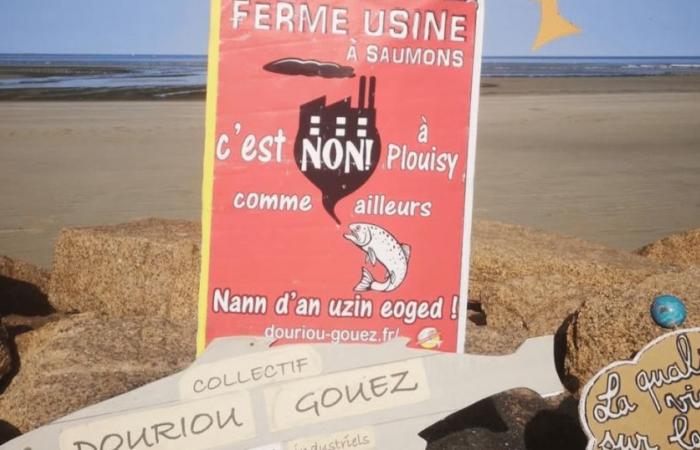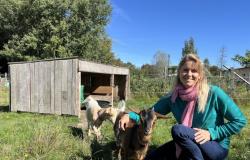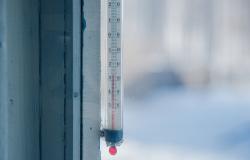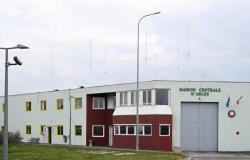They promised salmon and wonders. In Plouisy, in Côtes-d’Armor, residents fought against the establishment of a mega salmon farm-factory in an industrial zone until the company abandoned the project.
Several green victories, such as the recent release of anti-whaling activist Paul Watson or Norway’s suspension of its underwater mining projects, marked the year 2024. But it was also marked by the success of several local struggles against polluting or environmentally destructive projects. Vert looks back at five times where local mobilizations paid off.
“The project was absurd: it consisted of raising salmon in the fields!”exclaims Jean Sarasin, member of the Douriù Gouez collective (“wild waters”, in Breton). He lives in Trégor, near the small town of Plouisy (Côtes-d’Armor), 2,000 inhabitants, and mobilized against this installation for several years.
Initiated in 2016 by the Norwegian company Smart Salmon, the project consisted of establishing a factory farm in the Plouisy industrial zone to produce some 8,000 tonnes of salmon per year. The construction notably required the concreting of ten hectares of agricultural land for a 55,000m2 factory.
Three groups of actors mobilized against the mega factory farm: the Douriù Gouez collective – created in 2021 -, local elected officials and various associations and unions, such as Eau et rivières de Bretagne, the Confédération paysanne and the Regional shellfish farming federation.
600 cubic meters of water per day
Opponents denounced excessive water consumption: some 600 cubic meters per day, the equivalent of the daily needs of 4,000 people, taken from the city’s networks. Enough to generate concerns and incomprehension among residents: “We never understood why they chose to come here rather than to the seaside”says Jean Sarasin. Other factory farm projects are being installed in Boulogne-sur-mer (Pas-de-Calais) and Verdon-sur-mer (Gironde) – the proximity of the coastline facilitates water supply.
Local residents also feared discharges into the Trieux river, often subject to pollution, as well as considerable animal discomfort for the salmon, crowded into ponds.
They did not even need to go to court since authorization from the prefecture was never granted to the company. Instead, opponents organized numerous public mobilizations and Fest-noz – traditional Breton festivals – to raise awareness among the local population and get the project talked about in the press.
A project disavowed by local elected officials
Initially acclaimed by most local elected officials, the Smart Salmon installation was quickly disavowed by the municipality of Plouisy. In 2021, the Guingamp-Paimpol agglomeration recorded the sale of the land to the Norwegian company, but the Plouisy municipal council officially positioned itself against the project in 2023.
Over the past six months, it seemed clear that the factory farm facility was in trouble. “We felt that things were failing because they had removed the name of Plouisy from the Smart Salmon site”recalls Jean Sarasin.
At the beginning of November, the Côtes-d’Armor prefecture confirmed to Le Télégramme that the company had withdrawn its environmental authorization application file on October 31, confirming the abandonment of the project – even if nothing prevents Smart Salmon from submitting new demand in the future. “Phew”then reacted the Water and Rivers of Brittany association. “From the moment the elected officials were against, they could hardly progress”remarks Jean Sarasin.
The Douriù Gouez collective welcomes this local victory. Now he would like to go even further and supports a moratorium on factory farm projects in France. This request is the subject of strong mobilization in Brittany, where many groups are fighting against the industrialization of agriculture. In France, Greenpeace has identified some 3,000 factory farms in operation in 2023.






